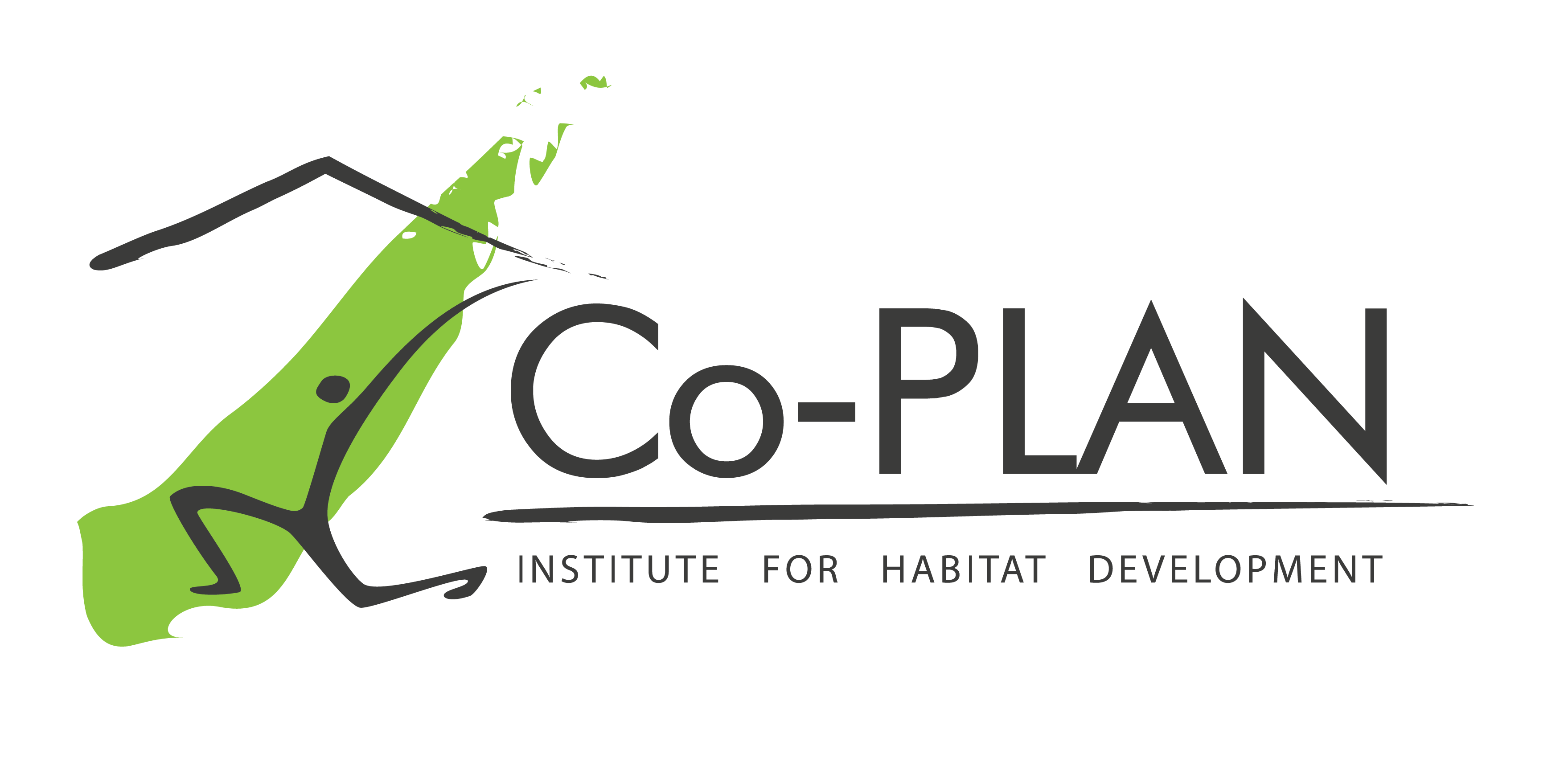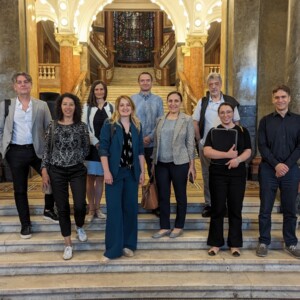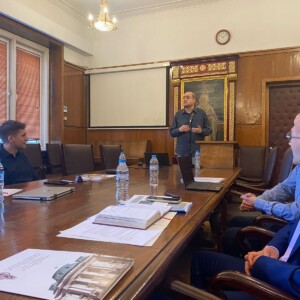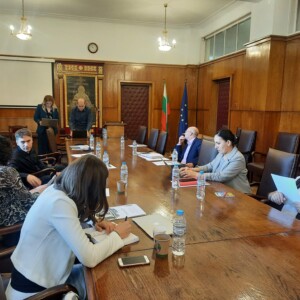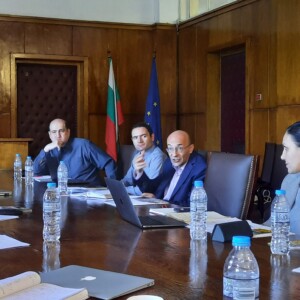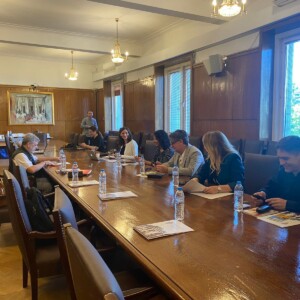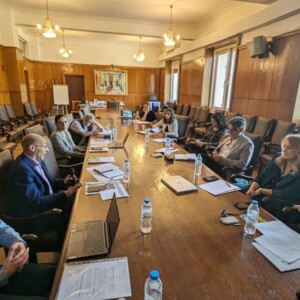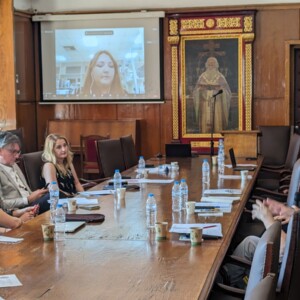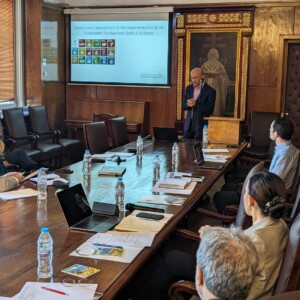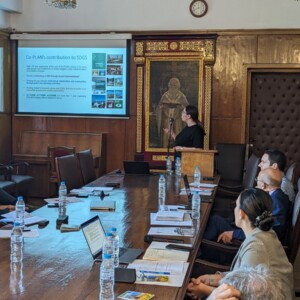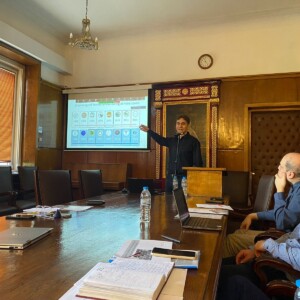Seventh Annual Workshop of TG-WeB
On June 7, 2024, TG WeB partners from Sofia University “St. Kliment Ohridski” in Bulgaria, hosted the 7th Annual Workshop of TG-WeB, the Western Balkans Network on Territorial Governance. This significant annual workshop (held in a hybrid mode) brought together netwroks partners from Albania, Serbia, North Macedonia, Montenegro, Greece and Bulgaria, to discuss the pressing issues of green transition and sustainable development in the Western Balkans (WB).
This year’s workshop aimed to address the critical need for integrating Sustainable Development Goals (SDGs) , a cornerstone for European Union governance models and a benchmark for measuring country performance into national and sub-national policies. The workshop emphasized the necessity of discussing the green transition from an SDGs perspective, particularly given the region’s ongoing transformations and the complexities involved in transitioning to a greener future. The event aimed to provide deeper insights into the changes required in development models and the specific actions needed to achieve future sustainability of the region, given the fact that WB countries have generally lagged in achieving many of these goals, underlining the urgency of adopting a sustainability-driven development path.
The morning session featured a series of presentations and group discussions. These presentations covered a range of topics central to the workshop’s theme, from discussing progress towards SDGs and Eastern Europe, highlighting both achievements and ongoing challenges to presentations focused on the perspectives of various stakeholders in implementing SDGs. On a second round of presentation, territorial sustainability issues in the WB were discussed, bringing into discussion the use of scenarios as tools for sustainable development, showcasing how collaborative efforts in spatial planning can bridge the gap between local and national levels. The morning session concluded with a specific case research (Kolasin) in which Montengero partners presented the research on examining the impact of public policies and private interests on local development.
Following a networking lunch, the workshop resumed with continued group discussions. Participants engaged in an open dialogue about the initiatives, actions, and policies being undertaken in the region. Discussions also explored the future and the challenges of the TG-WeB network, brainstorming ideas for funding activities and addressing organizational issues, such as the inclusion of new members and planning for the 2025 TG-WeB workshop. Discussion on the continuation of the TG WeB Annual Review and expansion of the editorial board members will be further discussed again among all network members.
To conclude, key messages were highlited during all discussions. In this regard, as the Western Balkans continue to grapple with significant sustainability challenges, networks like the TG-WeB are vital. In this regard, the network should reinforce his status as a platform for collaboration, sharing best practices, and advancing towards a greener, more sustainable future.
